Low remuneration, many good scientists move to the private sector
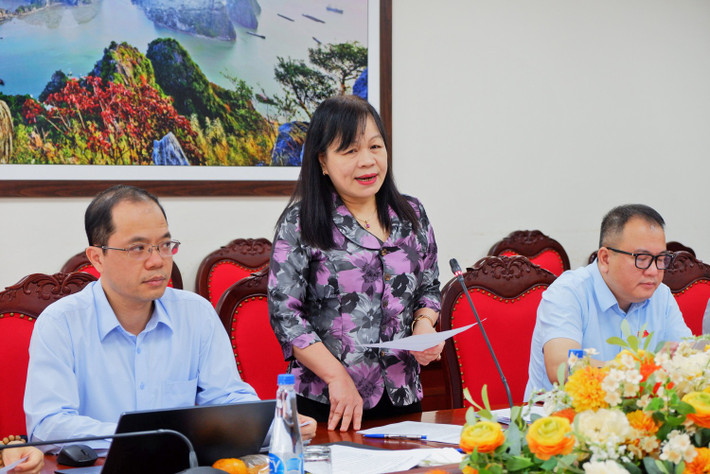
The Vietnam Academy of Social Sciences and the Vietnam Academy of Science and Technology are agencies under the Government ; their functions, tasks, powers and organizational structure are specified in Government Decrees.
Accordingly, the Vietnam Academy of Social Sciences performs the function of researching fundamental issues in social sciences; providing scientific arguments for the Party and State in formulating guidelines, strategies, planning, plans, and policies for rapid and sustainable development of the country to serve socio -economic development in the direction of socialism; advising on development policies in the field of social sciences; training highly qualified human resources in social sciences according to the provisions of law.
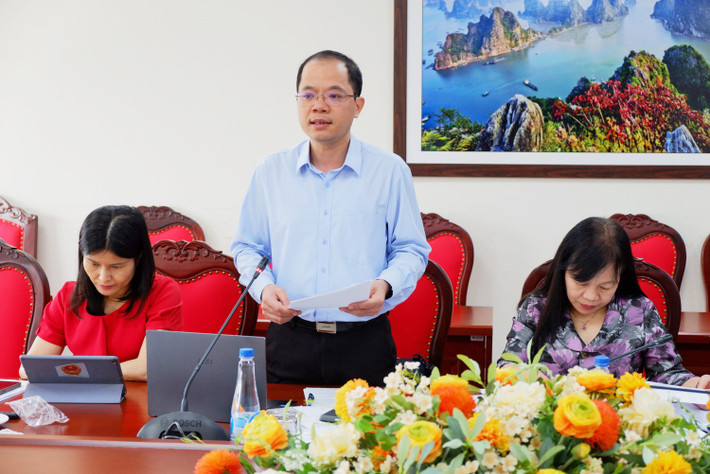
The Vietnam Academy of Science and Technology performs the function of basic research on natural sciences and technology development; provides scientific arguments for science and technology management and the development of policies, strategies, and plans for economic and social development; and trains highly qualified science and technology human resources according to the provisions of law.
As the leading basic research institutes in social sciences, natural sciences and technology development in the country, the two Academies are home to many highly qualified scientists in the country. The number of officials with doctoral and scientific doctoral degrees is large (Vietnam Academy of Science and Technology in 2024, this rate is 44.1%; Vietnam Academy of Social Sciences, master's and doctoral degrees account for about 78%).
The institutes also have policies to support scientific activities for young scientists; give priority to young and talented scientists to participate in and preside over scientific research projects and study abroad; have policies to support and reward high-quality international and national publications...
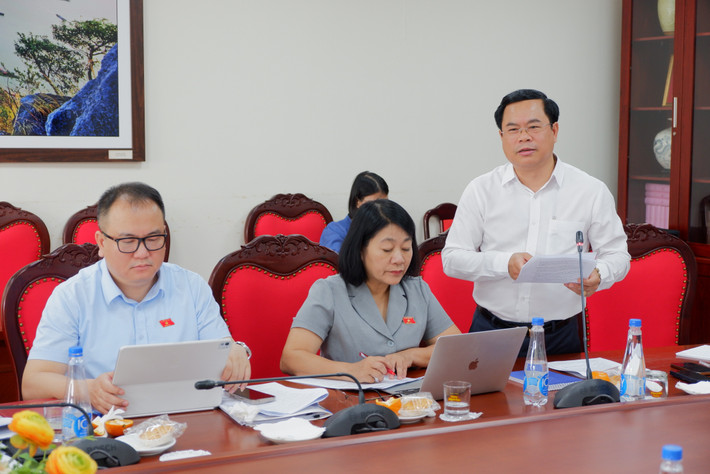
However, both Academies have reported a “brain drain” as more and more scientists move to work for the private sector. The reason, according to Prof. Dr. Tran Tuan Anh, Vice President of the Vietnam Academy of Science and Technology, is that science and technology officials in public science and technology organizations in general and the Academies in particular do not enjoy any professional allowances or special allowances, while businesses and outside units are willing to pay salaries and incomes dozens of times higher. Therefore, it is very difficult to retain scientists, especially good scientists working at research facilities.
In particular, there is currently a serious shortage of leading experts capable of guiding large, new, and complex scientific research activities. Some important training fields with specific characteristics (such as Archaeology, Han Nom, Religious Studies, Ethnology, Cultural Studies, etc.); many important and cutting-edge science and technology fields (space technology, satellite manufacturing, special materials, geophysics, earthquakes, tsunamis, etc.) are at risk of fading away due to a lack of leading experts and scientists.
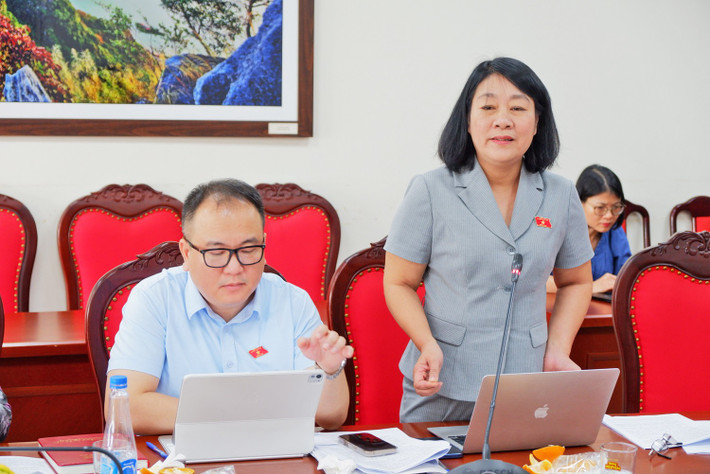
The training of scientific human resources at the units of the two Academies is also facing some difficulties. For undergraduate training, the quality of students is not uniform in all training fields; facilities and equipment are limited; the ability to connect schools and businesses is not commensurate with capacity; the number of lecturers is insufficient in some fields. For example, the University of Science and Technology (USTH) has a strong team of highly qualified lecturers with over 80% of lecturers holding doctoral degrees, however, in some technical fields of study, there is a shortage of highly qualified lecturers.
Regarding postgraduate training, the number of doctoral students has not developed as strongly as expected, not commensurate with the potential of the two Academies; the state budget to support training is low; with training majors in natural sciences and basic research, many majors and fields are selective of students...
Focus on creating high-quality scientific human resources
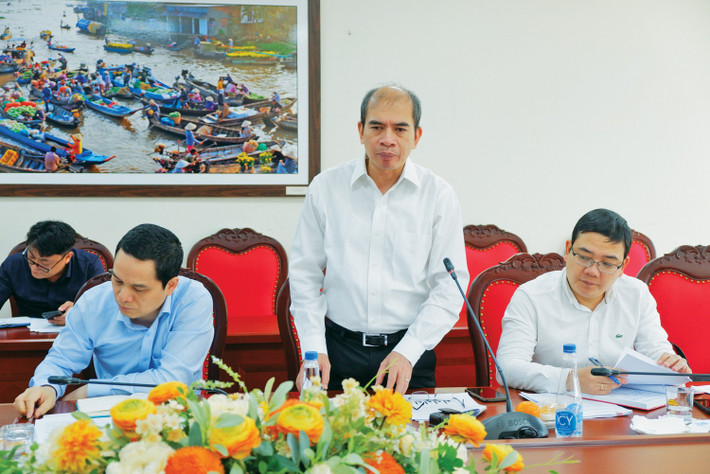
Prof. Dr. Tran Tuan Anh, Vice President of the Vietnam Academy of Science and Technology, said that many important and key fields of science and technology are at risk of fading away due to a lack of experts and leading scientists.
To have high-quality human resources to meet the requirements of socio-economic development, representatives of the two Academies both said that there needs to be a synchronous policy, both in development and use; ensuring both input and output.
Associate Professor, Dr. Ta Minh Tuan, Vice President of the Vietnam Academy of Social Sciences, proposed to study, amend and perfect a number of mechanisms and policies in recruitment, use, attraction and effective use of human resources; increase the initiative in recruitment and use for research institutes, especially for a number of important and specific research fields.
Research to standardize and develop training and development programs for scientific and technological research teams, strategic and policy research teams, especially for high-quality human resources according to the criteria and capacity frameworks that meet the standards of advanced countries in the region and the world; ensure the "incubation" and development of talented people right from university.
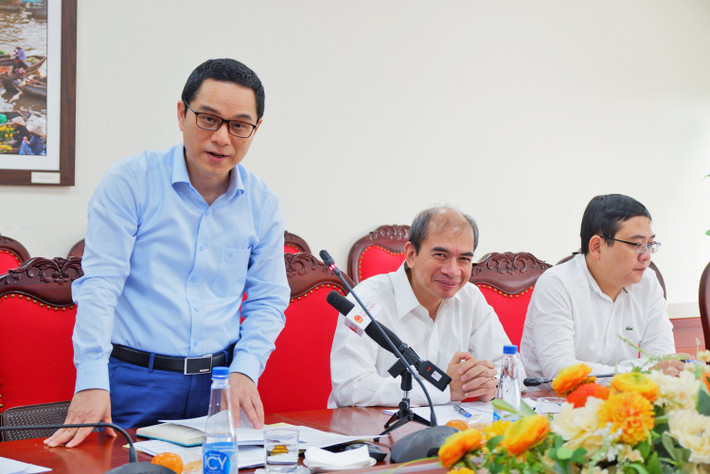
In addition to having a suitable salary and allowance regime for scientists to ensure their lives and limit the phenomenon of "brain drain", Prof. Dr. Tran Tuan Anh said that there should be specific mechanisms and policies on training in scientific fields, especially basic sciences, to encourage students to participate in studying and researching, creating a source of high-level scientific human resources in the future to effectively serve scientific research, innovation, etc.
The monitoring delegation acknowledged the great contributions of the Vietnam Academy of Social Sciences and the Vietnam Academy of Science and Technology in training highly qualified human resources in social sciences, science and technology; providing scientific arguments for management, policy making, strategies, and socio-economic development planning, etc.
Sharing the difficulties and challenges of the two Academies, from financial resources to facilities and human resources, the Supervisory Delegation hopes that the two Academies need to research and develop strategies and visions to undertake the assigned responsibilities and missions as well as develop commensurate with their strengths and potentials.
“From the recent mechanisms, policies, and guiding viewpoints of the Party and State leaders on science and technology, barriers and obstacles will gradually be removed, opening up opportunities, creating motivation and more open and transparent conditions for scientists to confidently contribute,” emphasized Vice Chairwoman of the Committee for Culture and Society Nguyen Thi Mai Hoa.
Source: https://daibieunhandan.vn/co-chinh-sach-dac-thu-thu-hut-va-giu-chan-nha-khoa-hoc-gioi-post411430.html


![[Photo] Close-up of Tang Long Bridge, Thu Duc City after repairing rutting](https://vphoto.vietnam.vn/thumb/1200x675/vietnam/resource/IMAGE/2025/5/19/086736d9d11f43198f5bd8d78df9bd41)


![[Photo] President Luong Cuong presents the 40-year Party membership badge to Chief of the Office of the President Le Khanh Hai](https://vphoto.vietnam.vn/thumb/1200x675/vietnam/resource/IMAGE/2025/5/19/a22bc55dd7bf4a2ab7e3958d32282c15)
![[Photo] General Secretary To Lam attends the conference to review 10 years of implementing Directive No. 05 of the Politburo and evaluate the results of implementing Regulation No. 09 of the Central Public Security Party Committee.](https://vphoto.vietnam.vn/thumb/1200x675/vietnam/resource/IMAGE/2025/5/19/2f44458c655a4403acd7929dbbfa5039)
![[Photo] Panorama of the Opening Ceremony of the 43rd Nhan Dan Newspaper National Table Tennis Championship](https://vphoto.vietnam.vn/thumb/1200x675/vietnam/resource/IMAGE/2025/5/19/5e22950340b941309280448198bcf1d9)



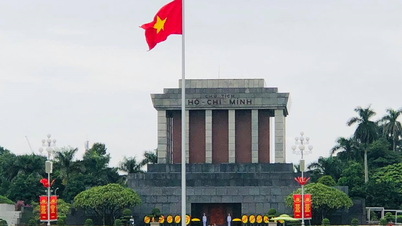

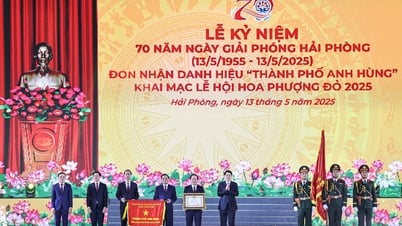













![[Photo] Prime Minister Pham Minh Chinh inspects the progress of the National Exhibition and Fair Center project](https://vphoto.vietnam.vn/thumb/1200x675/vietnam/resource/IMAGE/2025/5/19/35189ac8807140d897ad2b7d2583fbae)
















































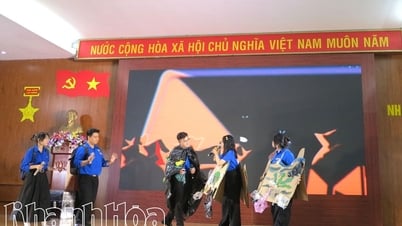

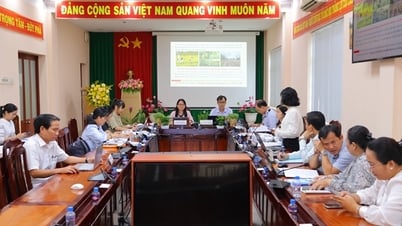






![[VIDEO] - Enhancing the value of Quang Nam OCOP products through trade connections](https://vphoto.vietnam.vn/thumb/402x226/vietnam/resource/IMAGE/2025/5/17/5be5b5fff1f14914986fad159097a677)





Comment (0)